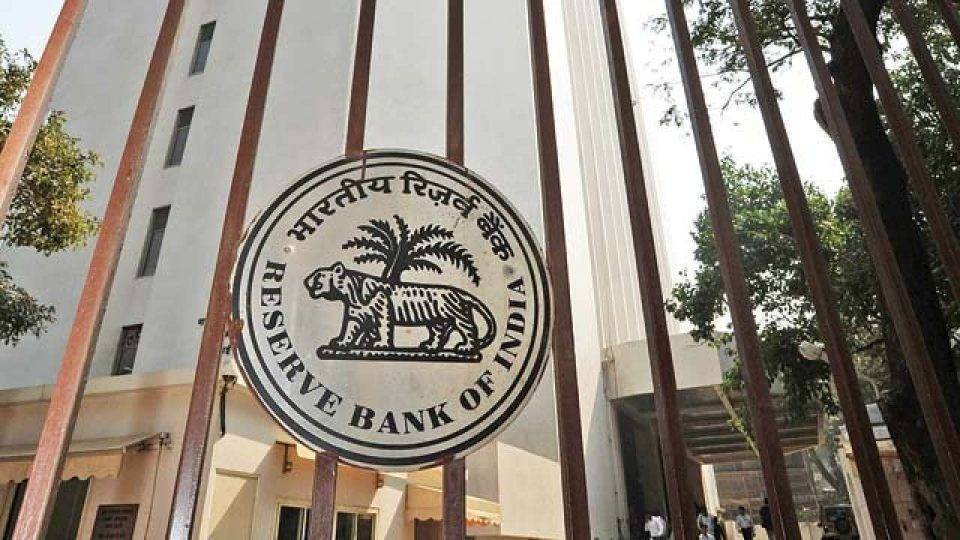Homebuyers’ advocacy group Forum for People’s Collective Efforts (FPCE) has called for significant amendments to the Real Estate (Regulation and Development) Act, 2016 (RERA) to strengthen transparency and accountability in India’s real estate sector. The association has urged the Union Housing Ministry to introduce a mechanism that verifies a developer’s track record before granting permission to launch new projects for sale.
In a detailed letter addressed to Union Minister of Housing and Urban Affairs Manohar Lal, FPCE President Abhay Upadhyay—who is also a member of the Central Advisory Council on RERA—highlighted several gaps in the existing law that continue to disadvantage homebuyers.
Demand for Pre-Launch Verification of Builders
President Upadhyay pointed out that under current norms, RERA authorities do not verify whether promoters have cleared all dues related to previous projects, including payments owed to allottees, government bodies, or penalties imposed by courts and quasi-judicial forums.
This oversight, he said, allows defaulting developers with poor compliance records to continue launching new projects, leading to recurring grievances for fresh buyers.
“Errant developers with poor track records continue launching new projects, perpetuating injustice to new buyers,” Mr. Upadhyay wrote, stressing the need for a mandatory verification process across all RERA authorities before any project registration.
The FPCE has recommended that the ministry direct all RERA regulators to obtain a statutory declaration from promoters, confirming that:
- All dues payable to homebuyers and authorities have been cleared.
- There are no pending penalties or compliance orders from any forum or court.
- The same declaration extends to group companies, subsidiaries, or entities with common promoters or shareholders.
If any promoter is found to have submitted a false declaration, the FPCE suggested that such developers should be permanently barred from engaging in real estate business across India.
Uniform Refund and Compensation Norms
The FPCE has also demanded a uniform refund rule in cases where buyers cancel bookings. Currently, refund norms differ across states and projects, leading to inconsistencies and disputes.
Further, the association has urged the ministry to introduce a new provision in RERA ensuring compensation to buyers if builders fail to deliver the facilities and amenities promised at the time of sale.
As legislative amendments may take time, the FPCE has suggested that the ministry issue a Standard Operating Procedure (SOP) directing all RERA authorities to ensure builders deposit adequate funds in escrow accounts to complete pending facilities and amenities. Regulators should actively monitor and enforce their timely completion, it said.
President Upadhyay strongly criticised the passive approach of several state RERA authorities, stating that many have failed to use their powers to safeguard consumer interests.
“Builders are brazenly exploiting homebuyers — delaying projects, misappropriating funds, and violating agreements — right under the nose of RERA authorities,” he said. “Their silence and inaction, despite having sweeping powers under the Act, raise serious questions about regulatory will and, in some cases, suggest a troubling nexus shielding errant builders.”
He added that the RERA registration number, which was intended to signify trust and compliance, has not achieved its purpose. “Unlike FSSAI, where the logo itself assures consumers of safety, RERA registration has failed to become a symbol of trust,” President Upadhyay remarked.
According to FPCE, these issues require urgent policy attention either through amendments to the RERA Act or through interim SOPs issued by the Union Housing Ministry to all state RERA bodies.
“The ministry must act decisively to plug these gaps, restore public faith, and ensure RERA lives up to its original intent — protecting homebuyers and promoting transparency in the sector,” the FPCE president said.
President. Upadhyay concluded that without robust enforcement, RERA risks becoming a mere procedural formality, rather than a safeguard for consumers.
Image source- fpce.in









.png)